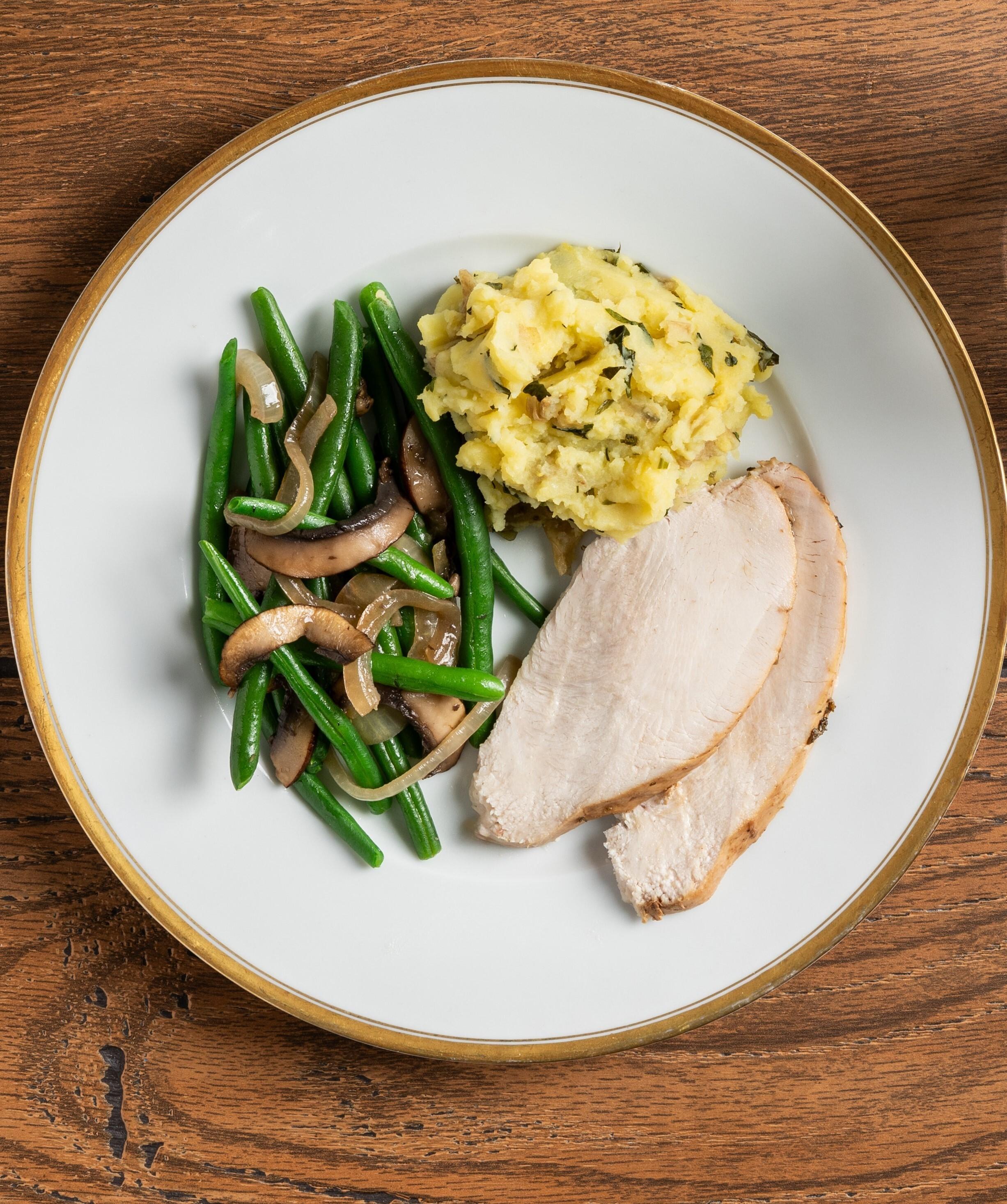 (NewsUSA)
(NewsUSA) - Diabetes remains a growing health crisis in the United States, but many people living with diabetes are confused as to which foods should be part of their meal plan, according to the American Diabetes Association (ADA). For example, many people believe that those with diabetes or prediabetes should avoid potatoes, but in fact potatoes are highly nutritious and can be part of any healthy diet.
- Diabetes remains a growing health crisis in the United States, but many people living with diabetes are confused as to which foods should be part of their meal plan, according to the American Diabetes Association (ADA). For example, many people believe that those with diabetes or prediabetes should avoid potatoes, but in fact potatoes are highly nutritious and can be part of any healthy diet.
“We want those living with diabetes and prediabetes to feel confident eating potatoes with their breakfast, lunch or dinner as long as serving size and preparation recommendations are followed,” according to Jamey Higham, president and CEO of the Idaho Potato Commission. “This partnership aims to enhance people’s understanding of nutrition, especially carbohydrates, help build healthy eating habits and debunk some myths about potatoes and diabetes.”
The ADA's Better Choices for Life program uses the ADA’s evidence-based guidelines and perspective to help consumers make informed choices about food purchases. Participating products display the Better Choices for Life mark on their packaging. In the coming months, this mark will appear on select 5-lb and 10-lb bags of fresh Idaho® potatoes.
The Diabetes Plate is one way the ADA educates people with diabetes about healthy eating.
This simple plan shows how to put together a meal that consists of vegetables, protein, and carbohydrates, which can include potatoes.
The Diabetes Plate:
Step 1: Fill half your nine-inch plate with non-starchy vegetables. Non-starchy vegetables are low in carbohydrates, so they have less impact on blood glucose.
Step 2: Fill one-quarter of your plate with lean protein, such as fish, chicken, lean beef, soy products, and cheese.
Step 3: Fill the last quarter of your plate with carbohydrate foods, such as starchy vegetables, beans and legumes, grains, fruit, and low-fat dairy products.
Step 4: Drink water or another zero-calorie beverage.
Step 5: Choose healthy fats in small amounts.
Potatoes are a starchy vegetable and can be a selection for the carbohydrate section of the Diabetes Plate. They are considered a superfood by many nutritionists because they contain potassium, vitamin C, and fiber. In addition, one 5.3-ounce potato has 110 calories, contains no sodium, and is naturally gluten-free and free of saturated fats.
Of course, preparation matters. Tips for healthy potato preparation include baking or boiling instead of frying, keeping the skins on for extra fiber, and using healthy oils when needed, such as avocado oil or extra virgin olive oil.
For more information on how those living with diabetes can enjoy Idaho potatoes, visit www.idahopotato.com.
